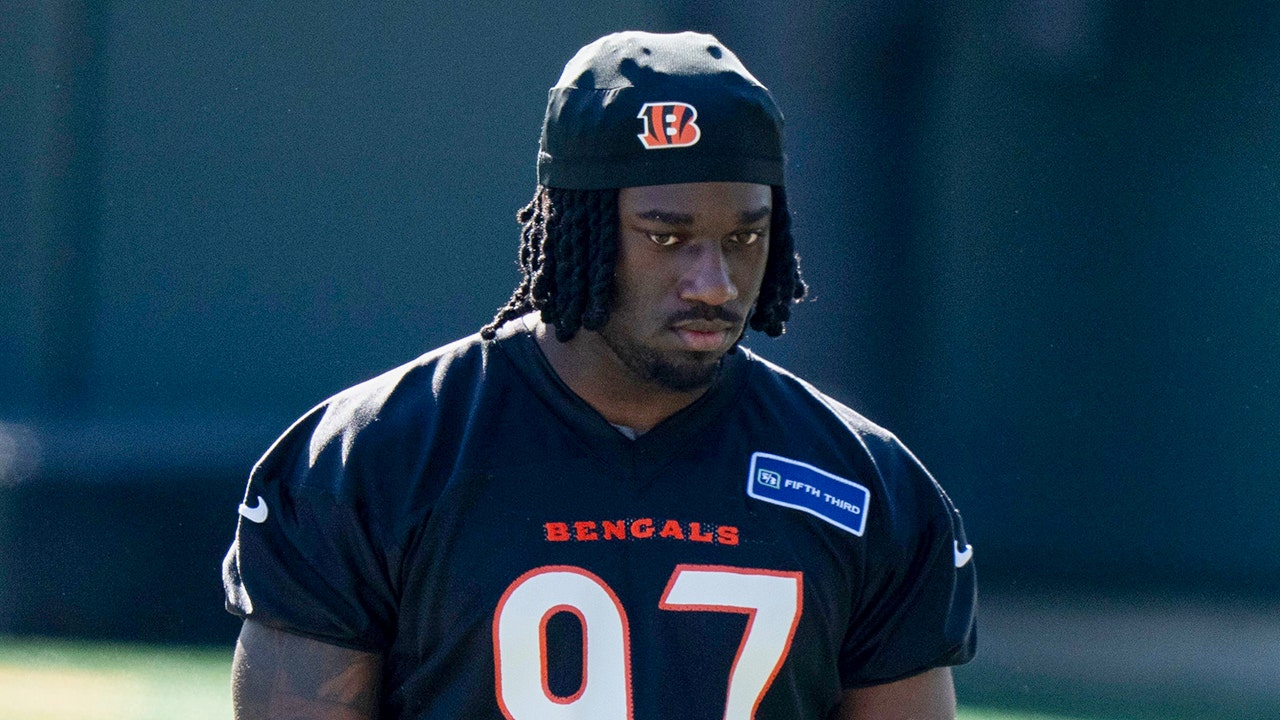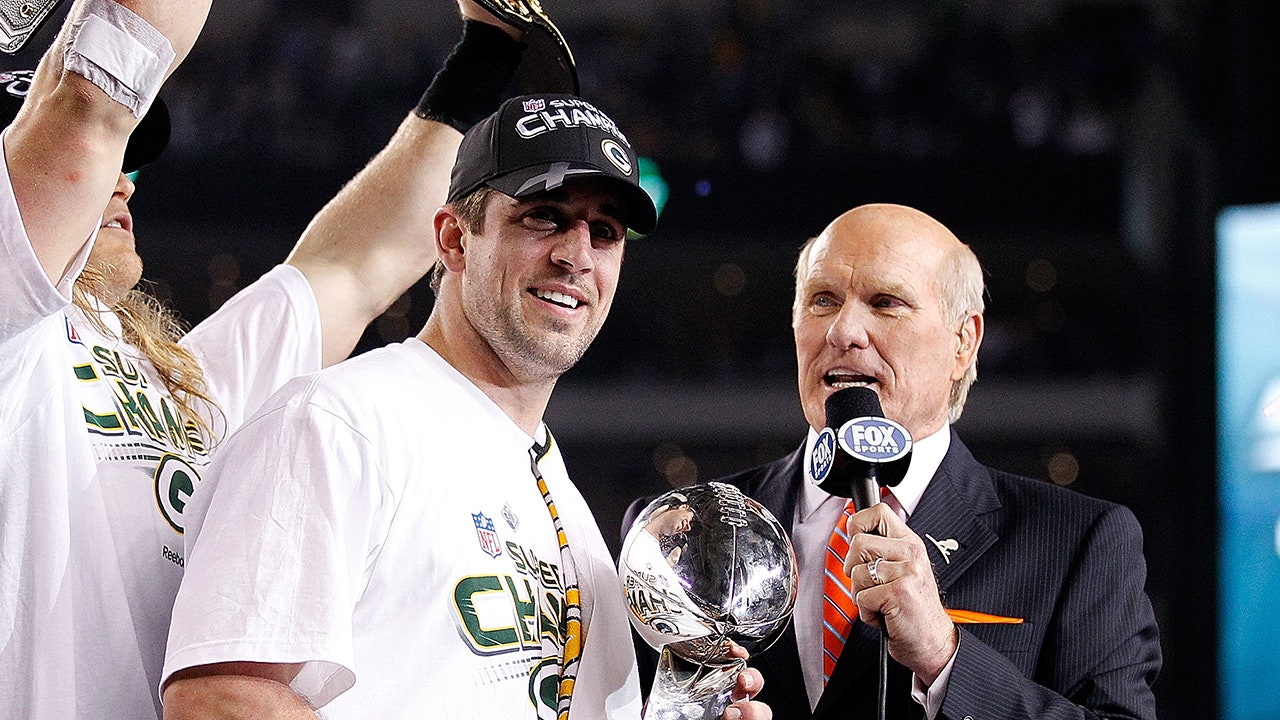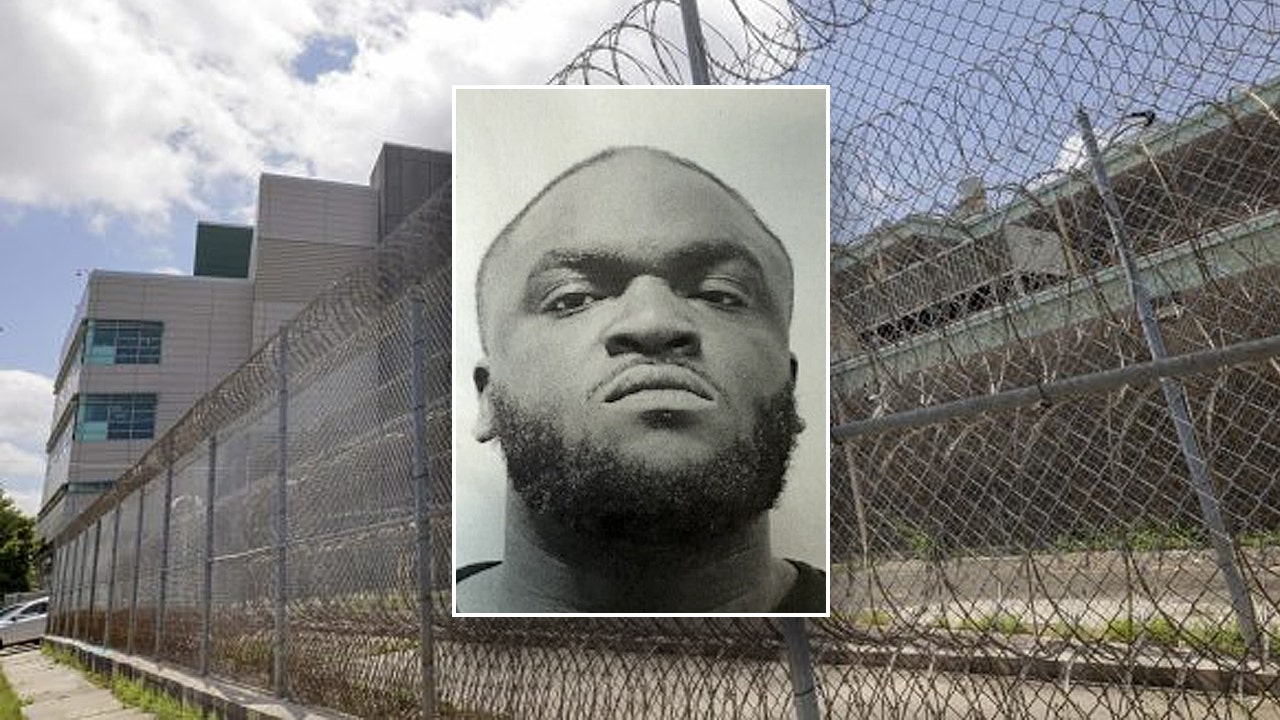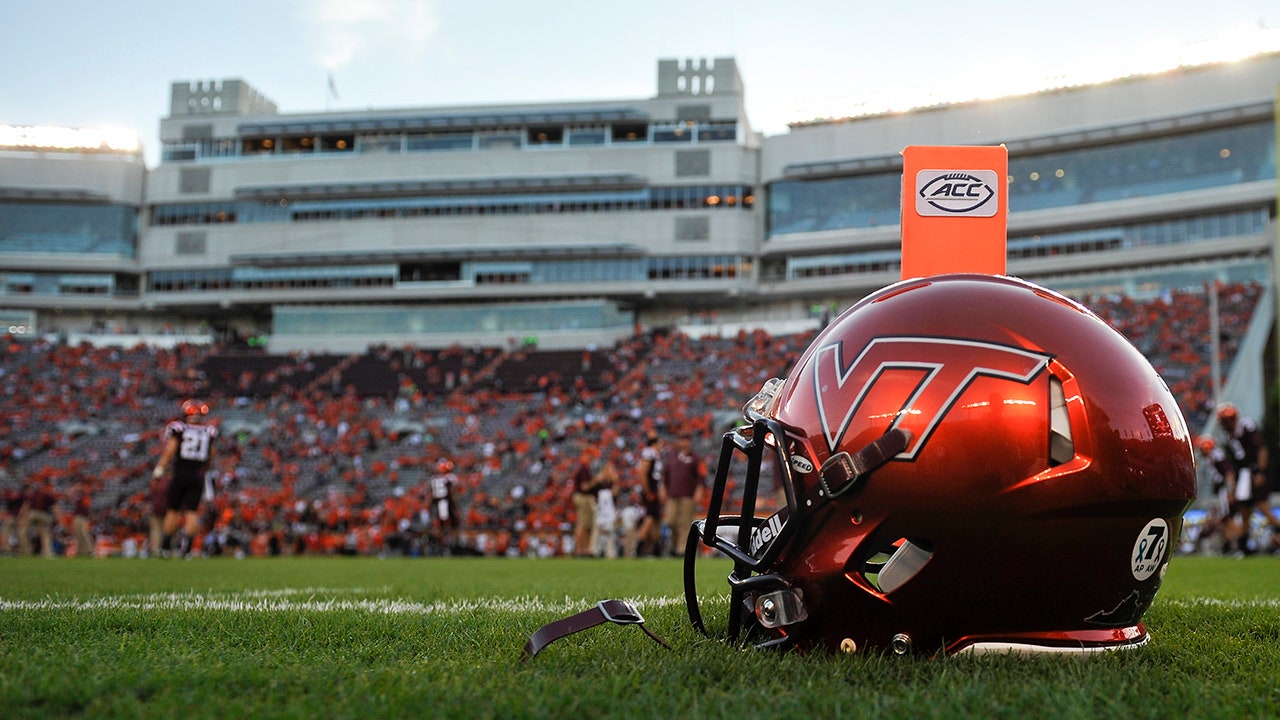The latest firestorm to erupt in the Middle East occurred just north of Ramallah—Jewish settlers supposedly attempted to burn down Taybeh’s historic Church of St. George. Patriarchs and cardinals rushed to the scene to condemn this “targeted attack.” Ongoing investigations revealed footage of Israelis rushing to put out the fire and police reports from a nearby Jewish farmer about three earlier arson attacks. U.S. ambassador to Israel Mike Huckabee said, “I have NOT attributed the cause of fire to any person or group as we don’t know for sure. The press has.”
Israel’s haters appear to have once again overshot their mark, just as they did when they claimed thousands of Americans would die if Israel struck Iran’s nuclear facilities or that Israel is conducting a genocide. Even so, the Taybeh controversy exposes a propaganda campaign designed to drive a wedge between American Christians and the Jewish state. These propagandists are using Middle East Christians, even though that beleaguered community has much greater concerns than the Jews.
Other controversies have been manufactured in the past few weeks: During recent fighting in Gaza, an Israeli shell missed its target and hit the only Catholic church in Gaza, killing three people. The prime minister’s office said that Israel “deeply regrets” the incident, and the Israeli military facilitated a visit to the site by a delegation of clergy. Unsurprisingly, this tragic accident has received far more public notice than the reported massacres of Christians and destroyed churches in Syria.
To many of Israel’s supporters, this campaign looks like a fool’s errand. Support for Israel has united many of America’s most prominent Christians, from Billy Graham to Rev. Martin Luther King Jr. Even before Theodor Herzl wrote Der Judenstaat and kickstarted Zionism, faithful Americans like D.L. Moody and John D. Rockefeller petitioned the U.S. government for Jewish statehood in the Middle East.
This support is not merely a historical curiosity. Ambassador Huckabee is an evangelical Christian, and his wife, Janet Huckabee, volunteers with Samaritan’s Purse, a Christian ministry that, among other things, helps Israelis impacted by Iranian missile attacks. Rev. Johnnie Moore’s Gaza Humanitarian Foundation is providing relief directly to Gazans—much to the outrage of the establishment aid agencies that prefer sending supplies through channels Hamas routinely diverts.
But American Christians have never been universally pro-Israel, in part because of concerns for Middle East Christians. Congress overwhelmingly endorsed the Balfour Declaration in 1922, but American missionaries to the Middle East emerged as some of the loudest critics of Zionism. Many of them channeled the views of their coreligionists in the area.
For centuries, Middle East Christians have ingratiated themselves with their rulers, who were usually Muslim. This survival strategy, which was logical for a minority in a dangerous neighborhood, disgusted the early American missionaries. But the attempts by well-meaning Americans to empower these communities, such as the Armenians, provoked Ottoman suspicion and eventually genocidal levels of death and destruction.
Many Christians in the region learned it was better to keep their heads down than to speak out. Others promoted ideologies, such as pan-Arabism, that downplay religious identity. Their neighbors still see them as suspect or even treacherous, and they must constantly prove their loyalty.
Unsurprisingly, many publicly condemn Israel even if they think differently. I experienced this dynamic during a visit to the region. In one meeting, a well-connected Christian denounced Israel up and down and assured me of Arab unity. Shortly thereafter, another set of Christians described how young men from a nearby Muslim-majority village rampaged through their streets and insulted their women. Others, like the Philos Project’s Luke Moon, have similar experiences. That unity was oversold.
At one time, the Jews also suffered from this problem. For example, a pogrom in 1929 nearly destroyed the ancient Jewish community in Hebron. But the Zionists built up institutions—including an army—to free themselves from servitude, won their national freedom on the battlefield, and struck back hard against their enemies.
Islamists like Hamas, who abuse religious minorities but sometimes tolerate their existence as long as they submit, gnash their teeth in rage over Jewish self-determination. By contrast, the Jewish state protects religious minorities, including the small Aramean Christian community that speaks the same language Jesus did.
Christians in the Middle East certainly face immense peril, as the outbreaks of violence in Syria reveal. Instability in the region threatens not only American interests and allies but also the lives of all minorities there. Prudent statecraft that curbs the chaos is good for Christians in Bethlehem (Pennsylvania and the original one, too).
But Americans of all faiths should be clear about the greatest threat to the followers of Christ in the land of his birth. There’s a reason there are 180,000 Christians in Israel—and only one Catholic church in Gaza.
Read the full article here







